
AeroGenie — ваш интеллектуальный второй пилот.
В тренде
Categories
Air India Tells DGCA Rs 1 Crore Ex-Gratia Is Not Final Compensation for AI 171 Crash
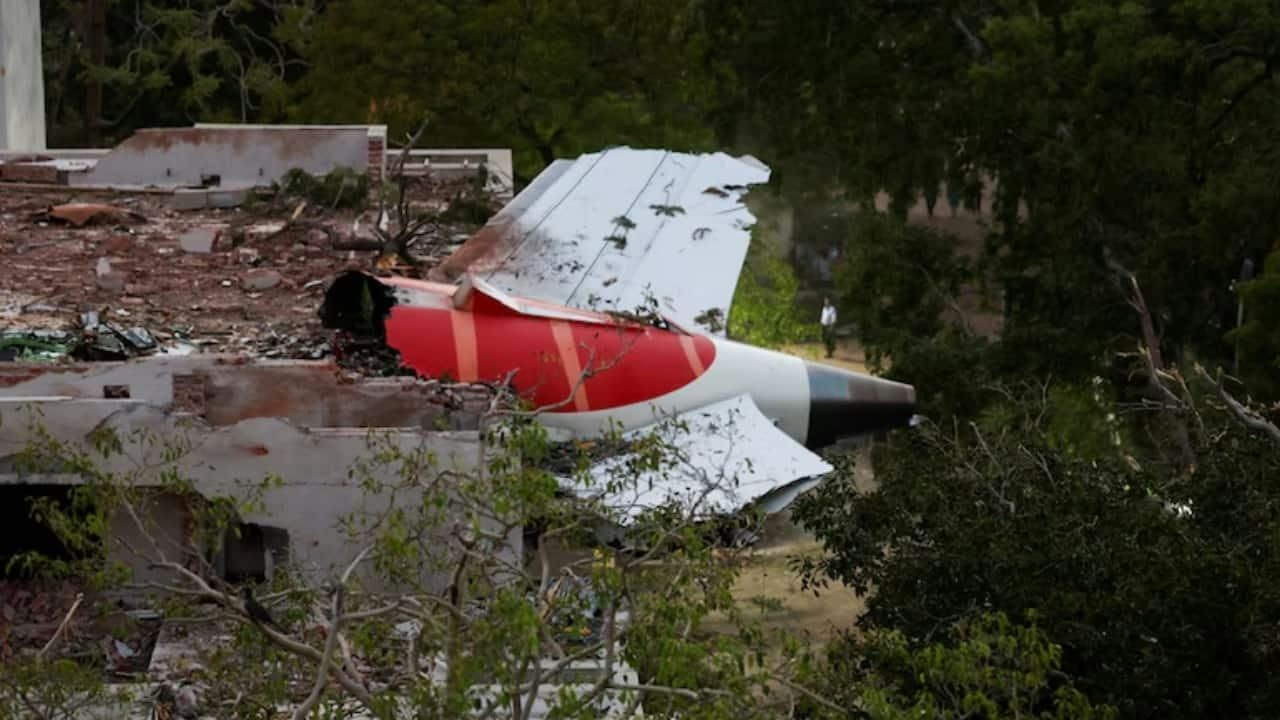
Air India Clarifies Rs 1 Crore Ex-Gratia Is Not Final Compensation for AI 171 Crash Victims
Air India has informed the Directorate General of Civil Aviation (DGCA) that the Rs 1 crore ex-gratia payment announced for the families of victims of the AI 171 crash does not represent the final compensation. In a letter dated July 1, the airline explained that the Rs 25 lakh interim compensation currently being disbursed is an advance intended to assist families with immediate financial needs. This amount will be adjusted against the final settlement once the comprehensive compensation process is completed.
Regulatory Inquiry and Legal Framework
This clarification follows the DGCA’s request for detailed information regarding Air India’s compensation plan after the June 12 crash of flight AI 171 near Ahmedabad. The regulator’s inquiry was prompted by concerns over inconsistencies between the interim payments and the airline’s obligations under international law. Several organizations, including the International Civil Aviation Organization (ICAO) and the Airline Users’ Rights and Grievances Redressal Forum (AURGRF), had urged the DGCA to intervene to ensure compliance.
Air India emphasized that the final compensation will be determined in accordance with the 1999 Montreal Convention, which governs airline liability for international travel and is incorporated into Indian law. Under this convention, the airline is liable to pay up to 100,000 Special Drawing Rights (SDRs)—equivalent to approximately Rs 1.5 to 1.85 crore per passenger—for death or bodily injury, irrespective of fault. The final compensation amount for each family will take into account factors such as the victim’s age, occupation, and financial dependents.
Industry experts have noted that ex-gratia payments are voluntary and made as a gesture of goodwill rather than a legal obligation. Hari Radhakrishnan of the Insurance Brokers Association of India (IBAI) clarified that these payments are distinct from the legally mandated insurance compensation governed by the Montreal Convention.
Ongoing Compensation Process and Industry Implications
The Insurance Regulatory and Development Authority of India (IRDAI) has directed insurers to expedite claims related to the crash under various insurance policies. The process of determining the final compensation is ongoing, amid reports from victims’ families expressing concerns about alleged pressure from Air India during negotiations. Such tensions may complicate the airline’s response and prolong the settlement process.
The incident carries broader implications for Air India and the Indian aviation sector. The airline faces potential reputational damage and financial strain arising from compensation claims. Industry observers anticipate that the crash will intensify scrutiny of aviation safety standards and could lead to increased insurance premiums, particularly in India’s already loss-making aviation insurance market. Competitors may respond by enhancing their own safety and compensation policies to reassure passengers.
While the Indian aviation regulator has stated that inspections found no major safety concerns in Air India’s Boeing 787 fleet, the crash is expected to harden conditions in the global aviation reinsurance market. As the compensation process unfolds, Air India’s management of the aftermath will be closely monitored by regulators, insurers, and the public.

BluJay Aerospace Advances Indian Aviation
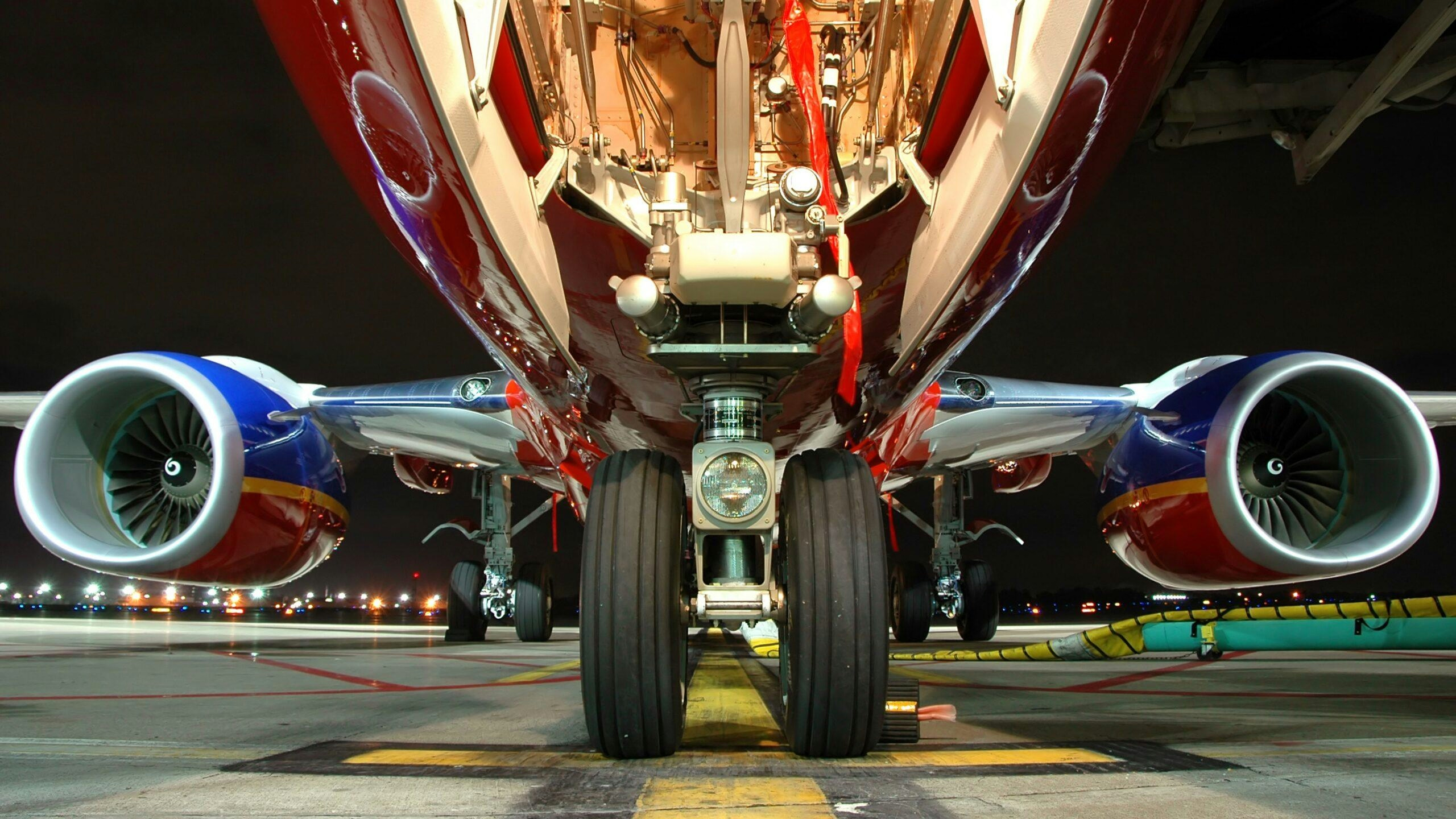
AxioAero Group Acquires Airway Aerospace
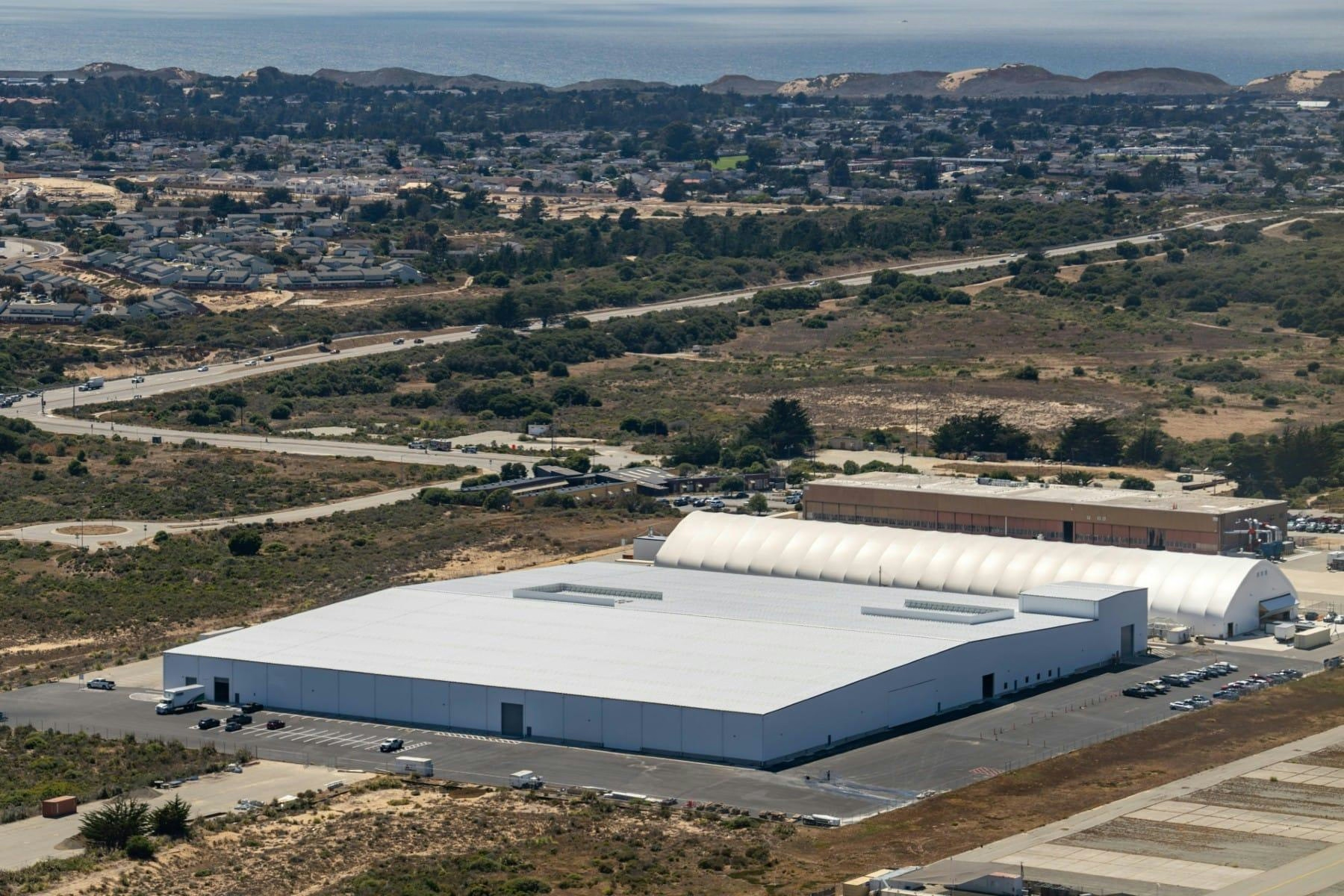
Joby to Train Up to 250 Pilots Annually with New Simulators in Marina
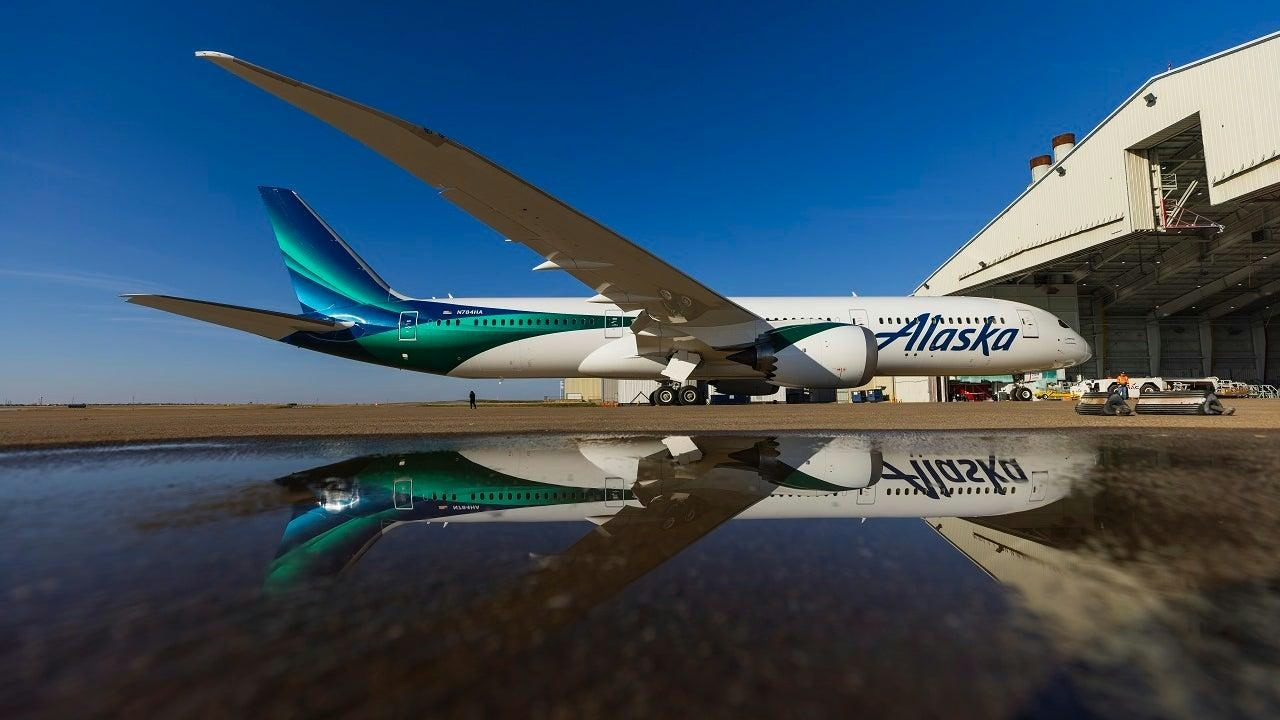
Boeing and Alaska Airlines Confirm Major Aircraft Order
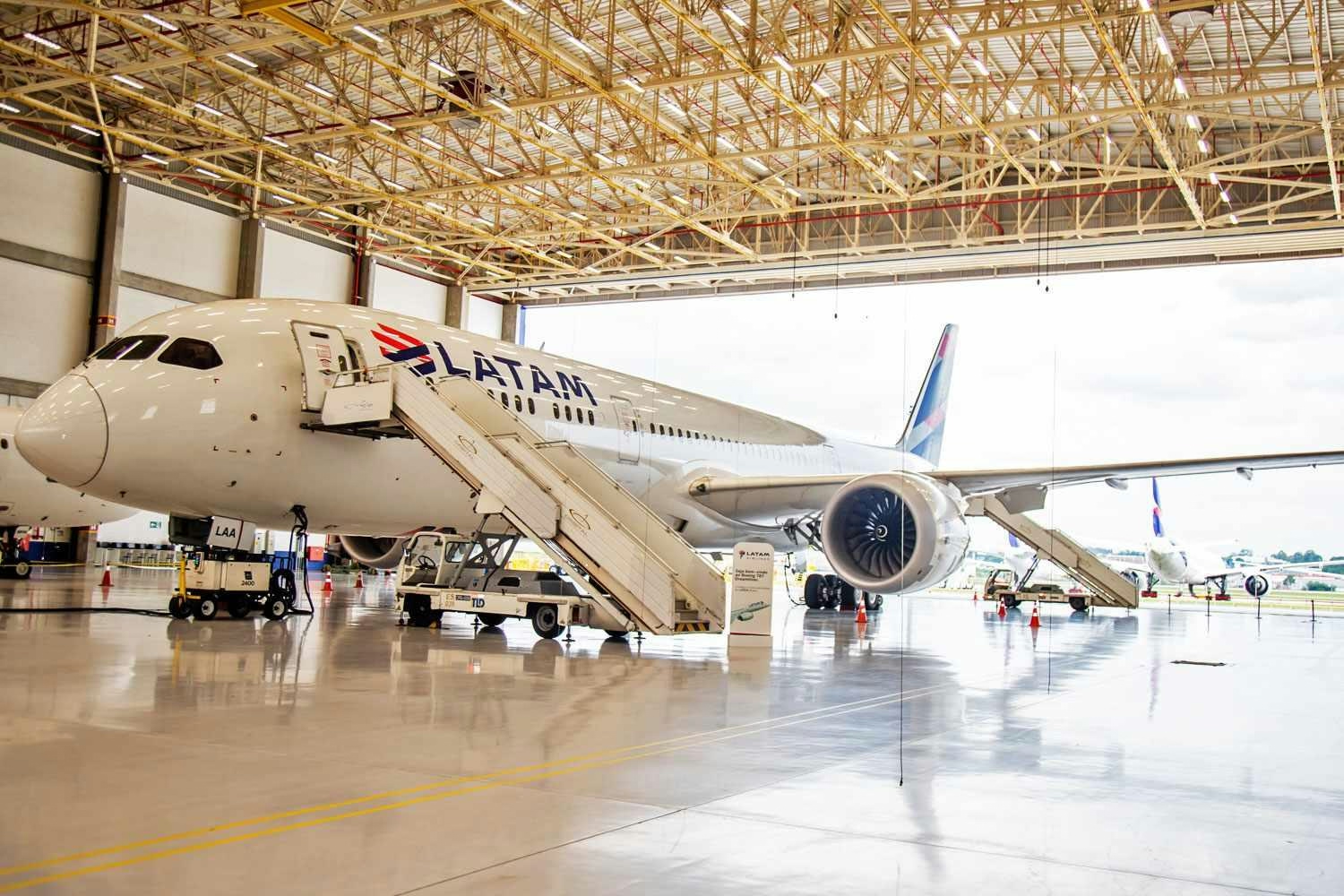
LATAM Receives First Boeing 787-9 Equipped with GEnx Engines
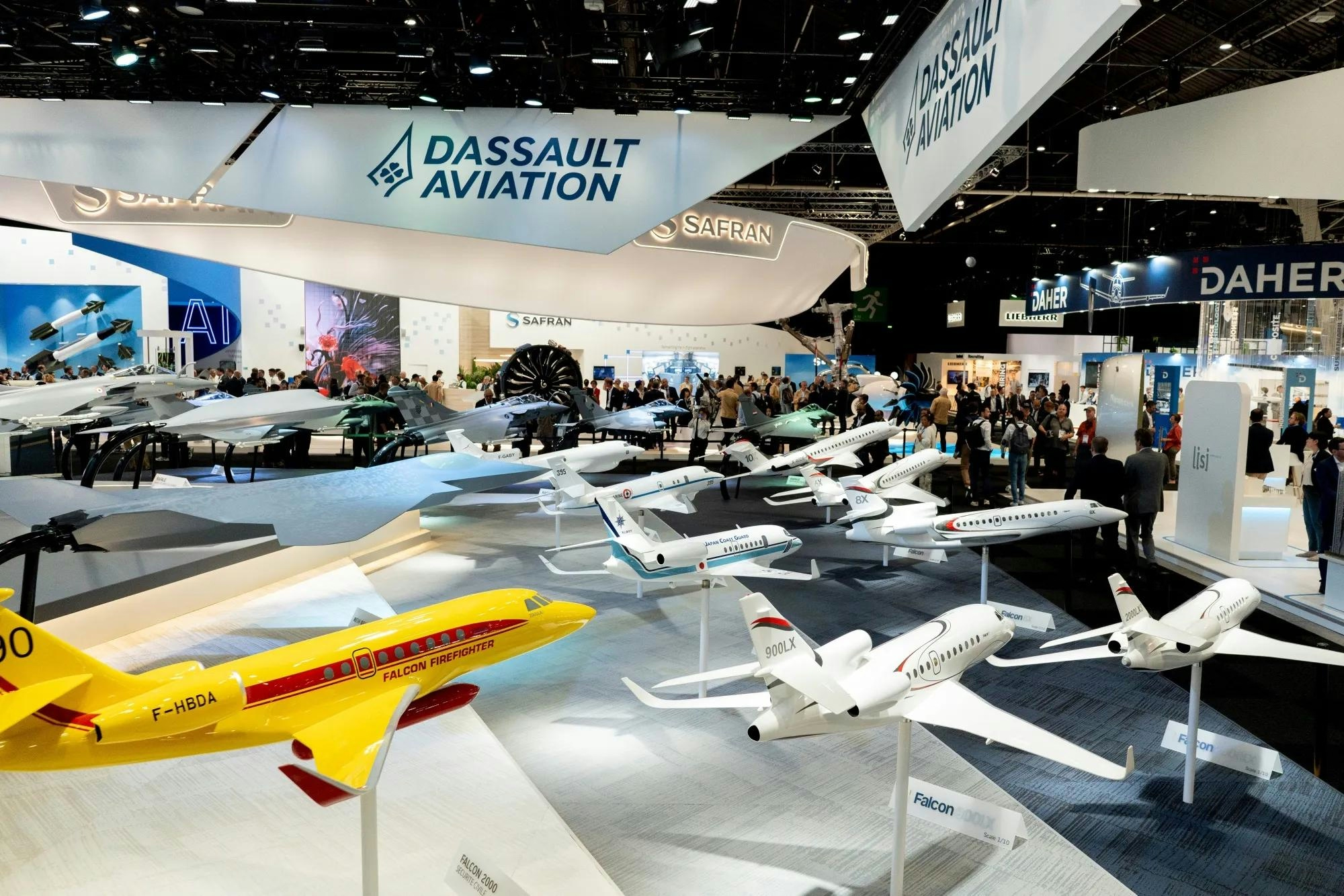
Dassault Aviation Reports Aircraft Deliveries, Orders, Backlog, and Sales Outlook
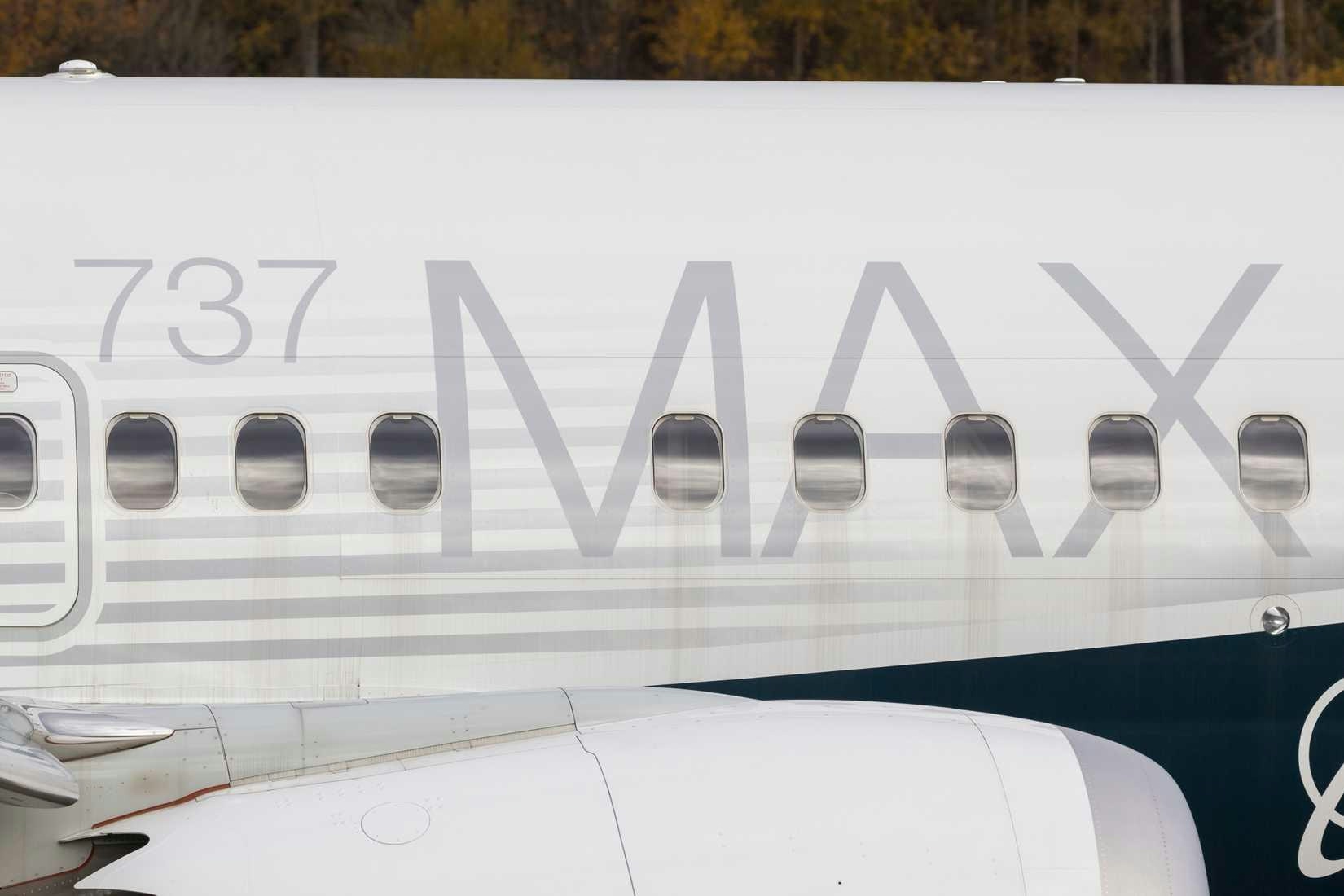
Alaska Airlines Orders 140 Boeing 737-10 and 5 Boeing 787-10 Jets
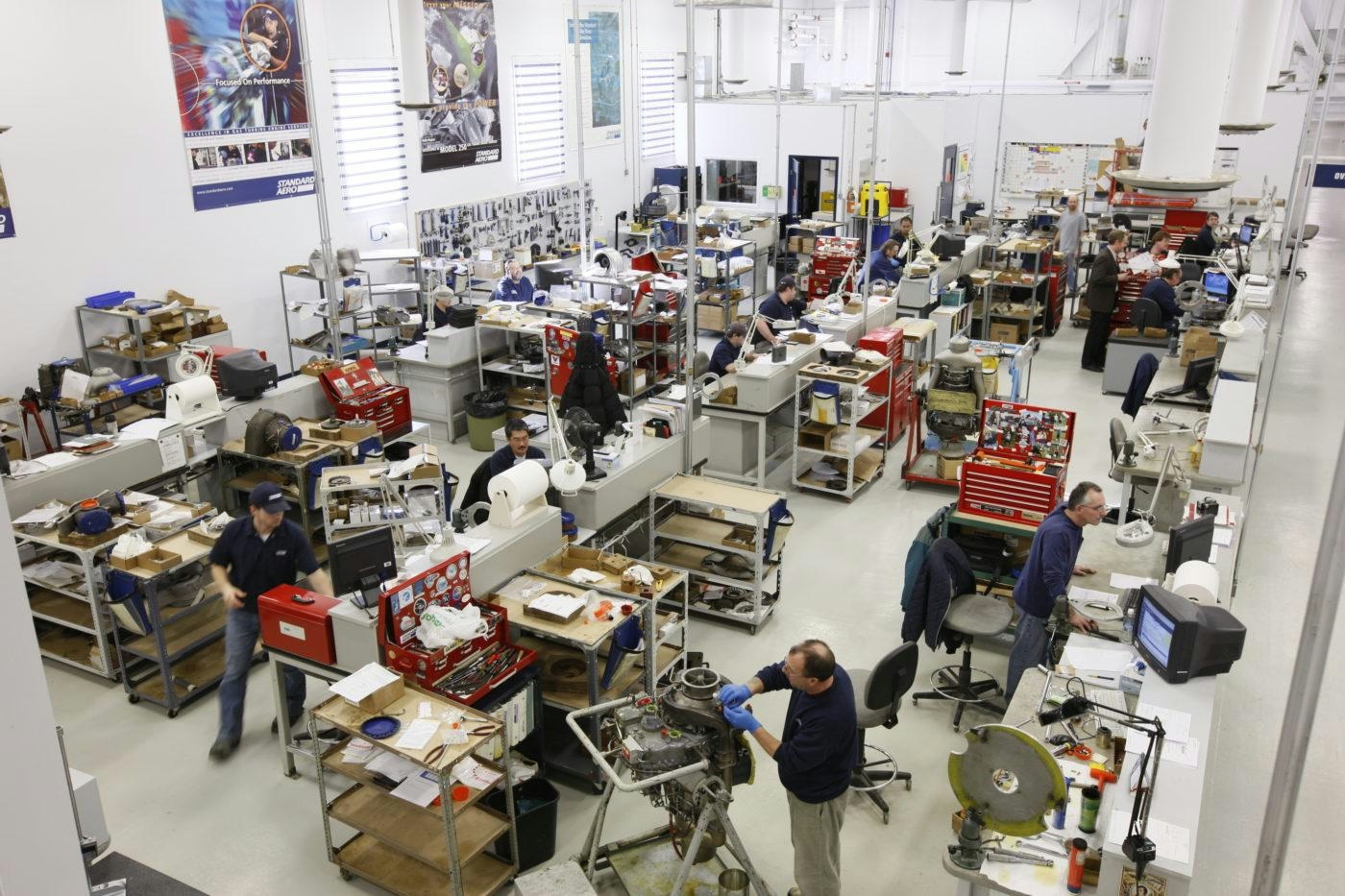
Dine Appointed Vice President of Sales at StandardAero
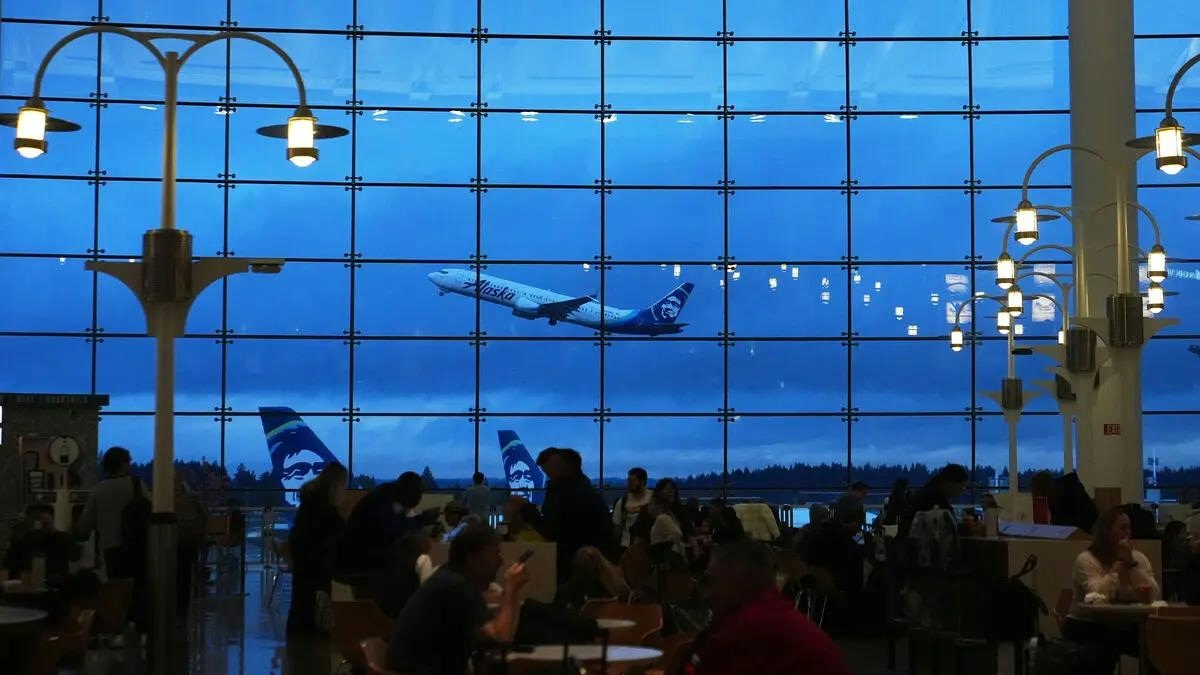
Boeing Shares Rise Following Alaska Airlines’ Record Aircraft Order
